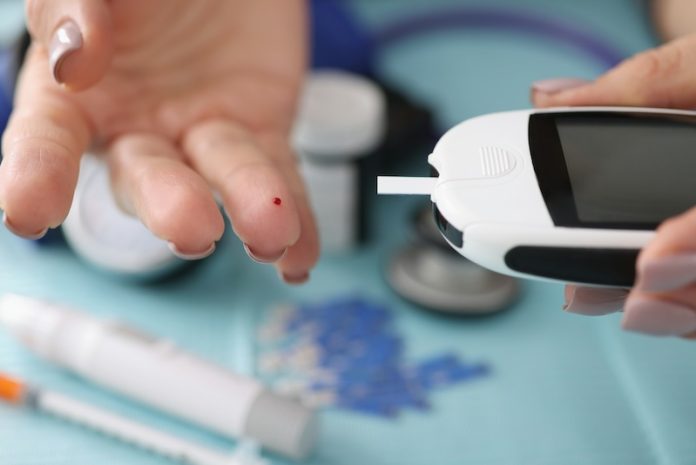
A common group of drugs used to treat type 2 diabetes and help with weight loss may also benefit people with kidney disease, according to researchers at UT Southwestern Medical Center.
These drugs, called GLP1-RAs (short for glucagon-like peptide-1 receptor agonists), have been found to reduce hospital visits, slow kidney disease progression, and lower the risk of death for patients with both diabetes and kidney disease.
GLP1-RAs include medications like semaglutide, liraglutide, and dulaglutide, sold under different brand names. These drugs are already widely used for managing blood sugar and weight in diabetes patients. However, their effect on kidney disease has not been well understood until now.
The study, published in Nature Communications, compared GLP1-RAs with another group of diabetes drugs called DPP4 inhibitors (DPP4is), which are also commonly prescribed for blood sugar control.
The research used medical records from the Veterans Health Administration, analyzing data from over 64,000 patients with both diabetes and kidney disease. The researchers carefully matched patients based on their health conditions to ensure a fair comparison.
The findings showed that, over nearly two years, patients taking GLP1-RAs had:
- 10% fewer hospital visits
- 16% lower risk of death from any cause
- 36% lower chance of their kidney disease getting worse
People with diabetes and kidney disease are at high risk of serious health problems, including heart disease, infections, and dangerously low blood sugar levels. They often require frequent hospital visits, which can be expensive and difficult for both patients and healthcare systems. Finding a treatment that lowers these risks is crucial.
Dr. Shuyao Zhang, the lead author of the study, emphasized that while GLP1-RAs are already known for controlling blood sugar, this research provides strong evidence that they also help protect kidney function in people with diabetes.
Dr. Zhang conducted the study with Dr. Ildiko Lingvay and Dr. Ishak Mansi, experts in internal medicine and public health.
According to Dr. Lingvay, many patients with both diabetes and kidney disease are left out of clinical trials. As a result, they often do not receive newer treatments that could be beneficial for them. This study provides much-needed evidence that GLP1-RAs can make a real difference in reducing health risks and improving outcomes for these patients.
The researchers believe that these findings could lead to changes in how doctors treat kidney disease in diabetes patients. If more studies confirm these benefits, medical guidelines may recommend GLP1-RAs as a standard treatment for kidney disease linked to diabetes. This could help improve patients’ long-term health and quality of life.
Dr. Lingvay and her team have previously studied semaglutide, one of the GLP1-RAs, and found that it helps with weight loss and lowers the risk of heart disease in diabetes patients. These new findings suggest that the drug may have even more benefits than previously thought.
Review and Analysis
This study provides promising evidence that GLP1-RAs can do more than just control blood sugar—they may also help protect kidney function in diabetes patients. Since kidney disease is a common and serious complication of diabetes, finding an effective treatment is critical.
One of the study’s strengths is its large sample size and use of real-world medical records. This makes the results more reliable compared to smaller studies. However, the study was not a randomized clinical trial, which means that other factors could have influenced the results. More research, especially controlled trials, is needed to confirm these findings.
Another important takeaway is that many high-risk patients are not included in clinical trials, meaning that effective treatments may not be reaching the people who need them most. This study highlights the need for more inclusive research and better access to newer medications.
If future studies confirm these benefits, GLP1-RAs could become a key part of kidney disease treatment for diabetes patients. This could lead to fewer hospital visits, lower healthcare costs, and better long-term health for millions of people worldwide.
If you care about diabetes, please read studies about high vitamin D level linked to lower dementia risk in type 2 diabetes, and this eating habit could help reduce risk of type 2 diabetes.
For more information about nutrition, please see recent studies about unhealthy plant-based diets linked to metabolic syndrome, and results showing Mediterranean diet could help reduce the diabetes risk by 30%.
The research findings can be found in Nature Communications.
Copyright © 2025 Knowridge Science Report. All rights reserved.



